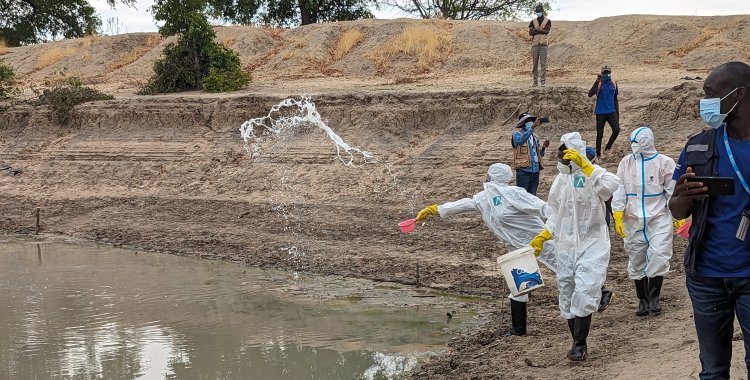Since the first case of Guinea worm was reported in Cunene province in 2018, the country has recorded 134 cases, including 131 infections in animals and three human cases, the WHO says, adding that before 2018, Angola had controlled the disease and was about to be declared officially free of Guinea worm.
According to the Secretary of State for Public Health, Carlos Pinto de Sousa, cited in the WHO document of the 21 NTDs existing in the world, 17 are prevalent in Angola, worsening poverty in the communities.
"Angola needs to overcome the challenge of eliminating at least one NTD by 2030 and honor national and international commitments to combat these diseases," said Carlos Pinto de Sousa, calling for everyone's involvement, especially donors, to mobilize more funds to eliminate the NTDs".
On the date that marks World Neglected Tropical Diseases Day, the Government and its partners "renewed their commitment to accelerate efforts to eradicate and eliminate these diseases, particularly Guinea worm, leprosy and trypanosomiasis, which continue to affect the health and well-being of the population".
In another press release, the Ministry of Health (Minsa) points out that Angola is in the elimination phase of leprosy, with a detection rate of two cases per 100,000 inhabitants and a prevalence of less than one case in 10,000 inhabitants.
"These diseases arise particularly in remote communities, creating cycles of poverty, causing immeasurable suffering, because they debilitate, disfigure, incapacitate and can be fatal," the ministry says, adding that combating NTDs and leprosy "is an investment in equity in health".







